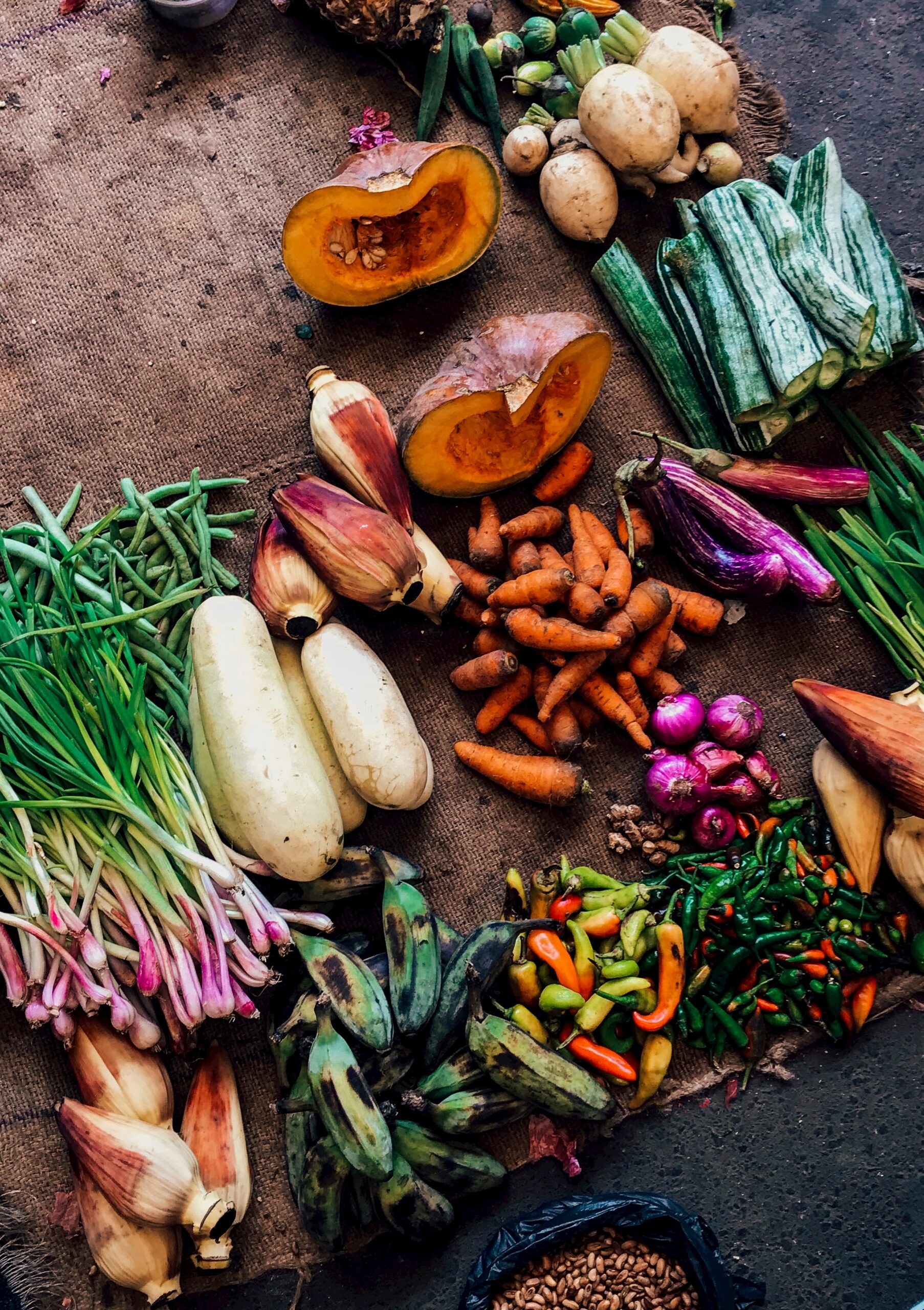Food waste is a major global issue that not only impacts the environment but also our wallets. According to the Food and Agriculture Organization of the United Nations, about one-third of all food produced for human consumption is wasted every year. This is not only a waste of resources, but it also contributes to greenhouse gas emissions and climate change.
Reducing food waste is not only good for the planet, but it can also help you save money. By being mindful of your food consumption and implementing a few simple strategies, you can significantly reduce your food waste. Here are six effective ways to do so:
1. Plan Your Meals
One of the most effective ways to reduce food waste is to plan your meals in advance. Take some time each week to plan your meals, create a shopping list, and stick to it. By knowing exactly what you need, you can avoid buying unnecessary items that may end up going to waste. Planning your meals also allows you to use ingredients efficiently, reducing the chances of spoilage.
2. Proper Storage
Proper storage is crucial for extending the shelf life of your food. Make sure to store perishable items such as fruits, vegetables, and dairy products in the refrigerator at the appropriate temperature. Use airtight containers or wraps to keep your food fresh for longer. Additionally, organizing your pantry and fridge can help you easily see what you have and avoid buying duplicates.
3. First In, First Out
When organizing your pantry and fridge, remember to practice the “first in, first out” rule. This means using the older items before the newer ones to prevent them from expiring. By rotating your food items, you can ensure that nothing goes to waste and that you are using everything before it spoils.
4. Portion Control
Controlling your portion sizes can help reduce food waste. Be mindful of how much you are serving and adjust accordingly. If you find yourself consistently having leftovers, consider reducing the amount you cook or repurposing the leftovers into new meals. Get creative with your leftovers and turn them into delicious soups, stir-fries, or salads.
5. Preserve and Freeze
If you have excess fruits, vegetables, or other perishable items that you won’t be able to consume in time, consider preserving or freezing them. Freezing is a great way to extend the shelf life of many foods. You can freeze fruits for smoothies, vegetables for soups, and even bread for later use. Just make sure to label and date your frozen items to keep track of their freshness.
6. Composting
For items that cannot be consumed or preserved, composting is an excellent way to reduce food waste. Composting allows organic waste to decompose naturally, producing nutrient-rich soil that can be used for gardening. By composting, you not only reduce the amount of waste that goes to the landfill but also create a valuable resource for your plants.
Reducing food waste is a responsibility that we all share. By implementing these simple strategies into our daily lives, we can make a significant impact on both the environment and our wallets. So, let’s be mindful of our food consumption, plan our meals, and make a conscious effort to reduce food waste.

